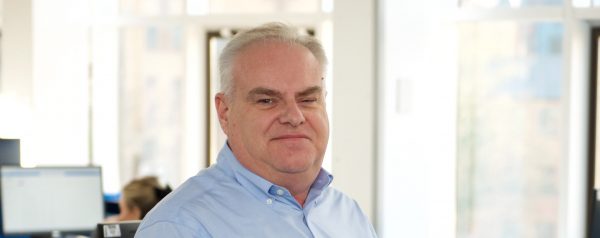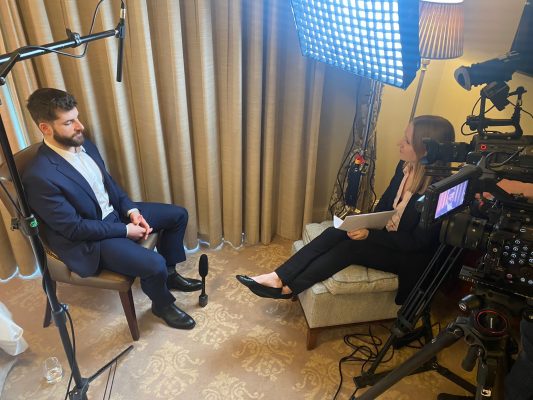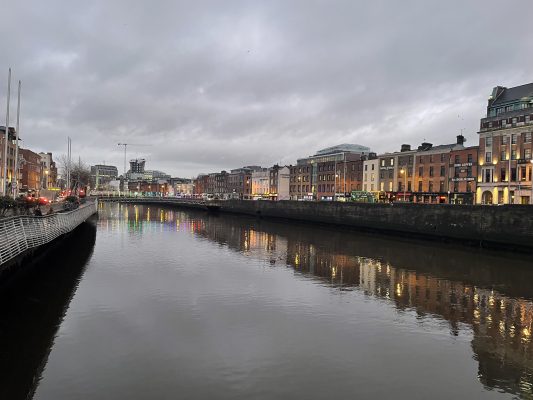Read time: 4 minutes
With an emphasis on privacy, safety and control, it’s no wonder that business aviation has been attracting media attention throughout the COVID-19 pandemic. But, it was the role of this week’s Royal Aeronautical Society (RAeS) annual business aviation seminar to turn its attention to the future, and how the industry can reform to attract new talent.
Here are our three takeaways from the virtual event.
The sustainability opportunity
As Athar Husain Khan, Secretary-General of the European Business Aviation Association (EBAA) put it, we all have a responsibility towards future generations and we must have the answers to their sustainability questions.
The EBAA is a big supporter of the “ReFuel EU Aviation” initiative, and much of the RAeS debate focused on Sustainable Aviation Fuels (SAF) and how business aviation can take the lead. This includes encouraging users to take an interest in SAF, with the aim that they’ll push charter operators and OEMs to deliver sustainable flights and aircraft.
Generation Z is starting to enter the workforce and is even more socially conscious than its predecessors. To encourage young people to take up roles in business aviation, the seminar discussed how the industry must clearly demonstrate its green credentials.
The aviation industry will see rapid change over the next few decades. Electric vertical takeoff and landing (eVTOL) aircraft are set to be 30 times quieter than your typical helicopter, and they could be cheaper than you think.
Fresh from securing £2.3m of UK government investment to develop a smart charger for their electric aircraft, Vertical Aerospace’s CEO Michael Cervenka was keen to stress how electrification would drive down travel costs to just a few pounds per mile. Vertical’s recently unveiled passenger model, VA-1X, is set to be the world’s first certified winged eVTOL that is fully electric, providing a viable (and green) solution to city congestion.
Attracting and retaining a diverse workforce
With diversity of your workforce comes ‘diversity of thought‘ noted the panellists as they summarised the initiatives that are taking shape to diversify the culture of business aviation.
From racial and gender bias training for staff, to new interview processes to discourage leadership from selecting candidates ‘just like them‘, siginificant steps are being taken to nurture a workforce that more accurately reflects society.
Joel Davis, Director of Human Resources EMEA for Collins Aerospace, highlighted how developing the business case for inclusion can be key to gaining senior leadership support – a diverse workforce has diverse ideas which will foster innovation and fresh thinking.
Dave Edwards, CEO of the Air Charter Association, also shared how the ACA has set up a next generation committee to discover how it can make the aviation industry more appealing to the young people it wishes to recruit. Only by understanding what school, college and university leavers today want out of a career will the business aviation industry be able to connect with them.

Reputation management
Business aviation hasn’t always received positive coverage in the media, but the assembled panel of journalists and PRs agreed that there was much to celebrate about the industry, particularly during COVID-19.
Friend of 8020 Ben Griffiths, former Daily Mail City news editor and current group communications director at 2Excel Aviation, encouraged aviation PRs to be precise – the average journalist will spend between five and 10 seconds reading your email pitch. But, he added there is much that makes business aviation special, particularly during a pandemic when users can travel when they want in deep-cleaned and COVID-secure aircraft, with virus testing even available at some Fixed Base Operator (FBO) terminals.
Providing ‘real people’ for journalists to interview will capture attention stressed Rohit Jaggi, Financial Times’ columnist and freelance writer, another good friend of our firm. He urged companies to reflect diversity in the spokespeople they put forward to the media. Offering a story to one news outlet as an exclusive will typically encourage higher placement but including cliched terms like ‘world-beating’, unless they are true, will be a sure-fire way to switch off your targeted reporter.
Where to?
COVID-19 has deeply affected the aviation industry and business aviation is not immune to job losses. But the RAeS panelists agreed that 2020 also presented an opportunity to reset for the future.
Whether on sustainability, workforce diversity or engagement with the media, the biggest takeaway was for the industry to be more transparent and genuine in its communications, with public statements on future intents and goals.
Being brave now and sticking to those commitments will establish business aviation as a leader, and as an exciting employer.








